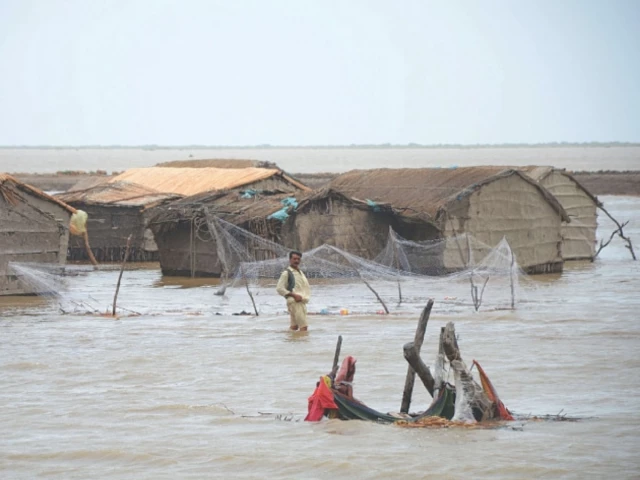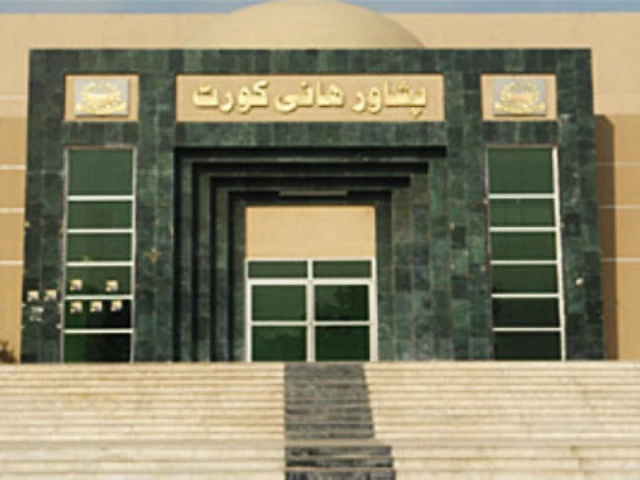Over 5,000 residents, particularly women, to have direct access to safe, clean, and climate-adaptive healthcare
Access to reliable and climate-resilient health and sanitation services has become critical for communities along Sindh’s coastal belt, where poverty, heatwaves, and recurrent floods continue to endanger lives.
To address this, the Sindh Community Foundation (SCF), with the support from the Pakistan Poverty Alleviation Fund (PPAF), has inaugurated a series of sanitation and health infrastructure facilities under “Restoration of Social Services and Climate Resilience” in union councils Garho and Bijoro, District Thatta.
The facilities, including eco-friendly waiting areas, solar power systems, medical equipment for women’s health, and 60 toilets across five villages, are centered around the Basic Health Unit (BHU) Garho. These facilities will directly benefit over 5,000 residents, particularly women, by improving access to safe, clean, and climate-adaptive healthcare.
Speaking at the inauguration, MNA Sadiq Memon said: “Climate-resilient infrastructure is the need of the hour. As climate change and poverty devastate coastal lives, strengthening health systems, sanitation facilities, and local infrastructure is crucial for a resilient and dignified future.”
Also Read: Polio, Measles-Rubella vaccination from Nov 17
He termed the newly-developed facilities a model of effective collaboration between communities, civil society, and development partners, noting that climate-smart infrastructure protects the health and dignity of vulnerable populations.
SCF Executive Director Javed Hussain said the coastal region faces the harsh realities of climate change, with frequent disasters and health crises becoming the norm. “With PPAF’s support, SCF has established climate-responsive health and sanitation facilities built to function under extreme weather conditions. These low-carbon, solar-powered structures, made from local eco-friendly materials, ensure uninterrupted services,” he stated.
He added that drainage trenches have been constructed around BHU Garho to address flooding and waterlogging, ensuring year-round accessibility. He emphasised that public infrastructure should increasingly use local and natural materials to cut carbon emissions and conserve biodiversity.
The ceremony was attended by Thatta Deputy District Health Officer Dr Rehana Yasmeen, Assistant Commissioner Ghora Bari Faraz Abbasi, Social Welfare Additional Director KB Bahrani, PPHI District Manager Rehman Gul, and others. Rehman Gul lauded SCF’s efforts, saying the solarised systems and sanitation schemes would improve hygiene and ensure continuous healthcare, especially during night-time deliveries.




